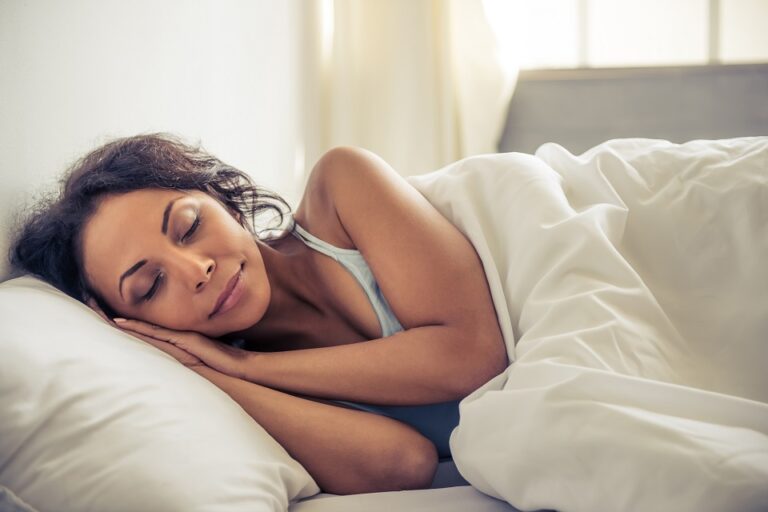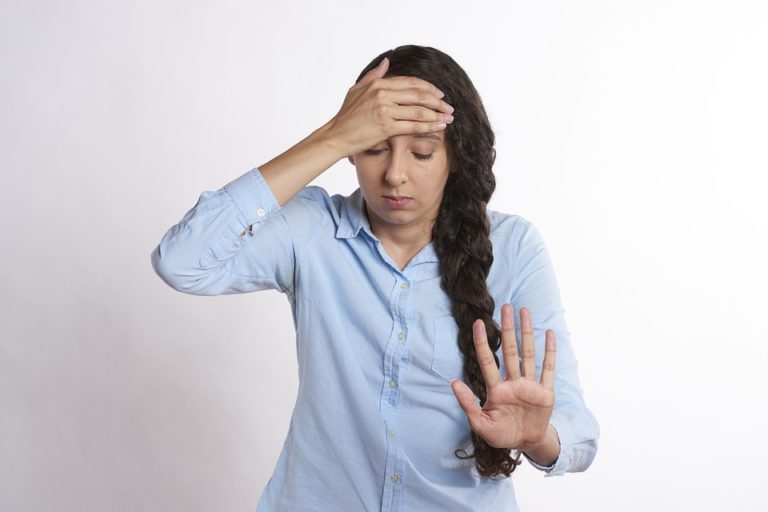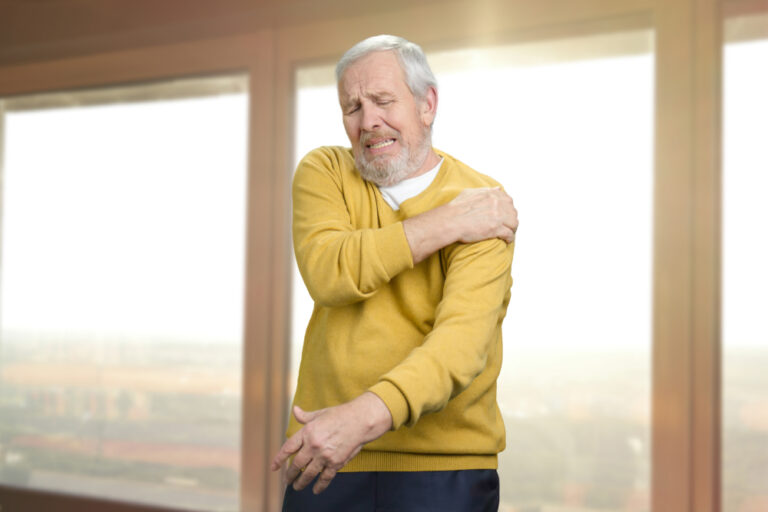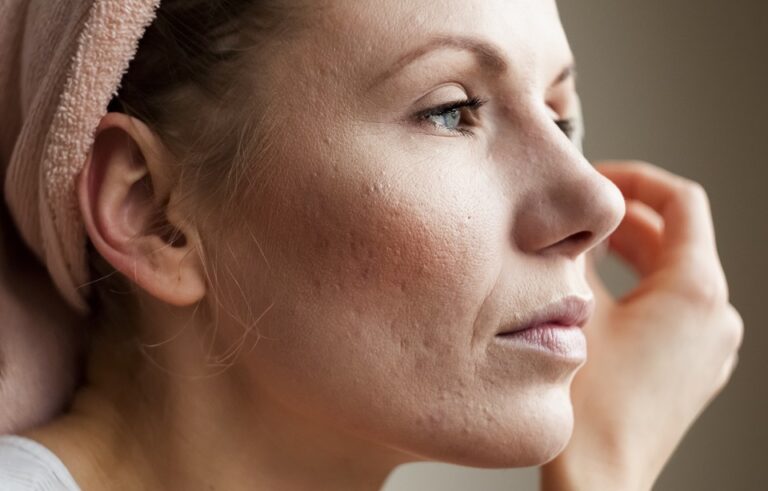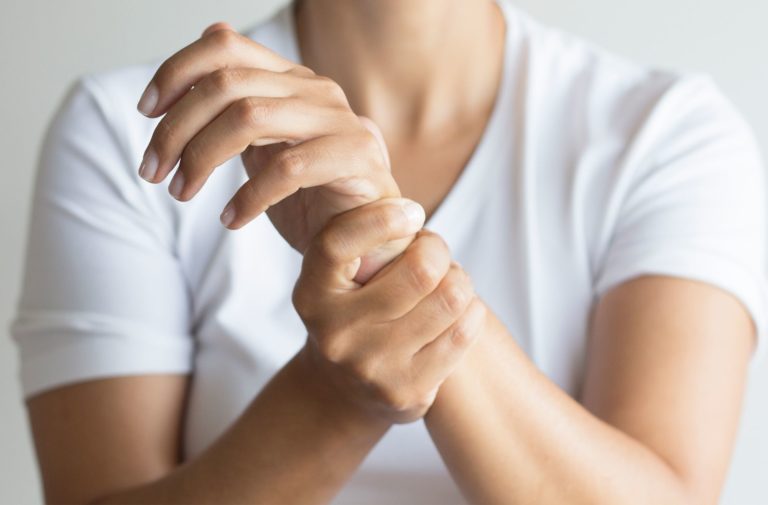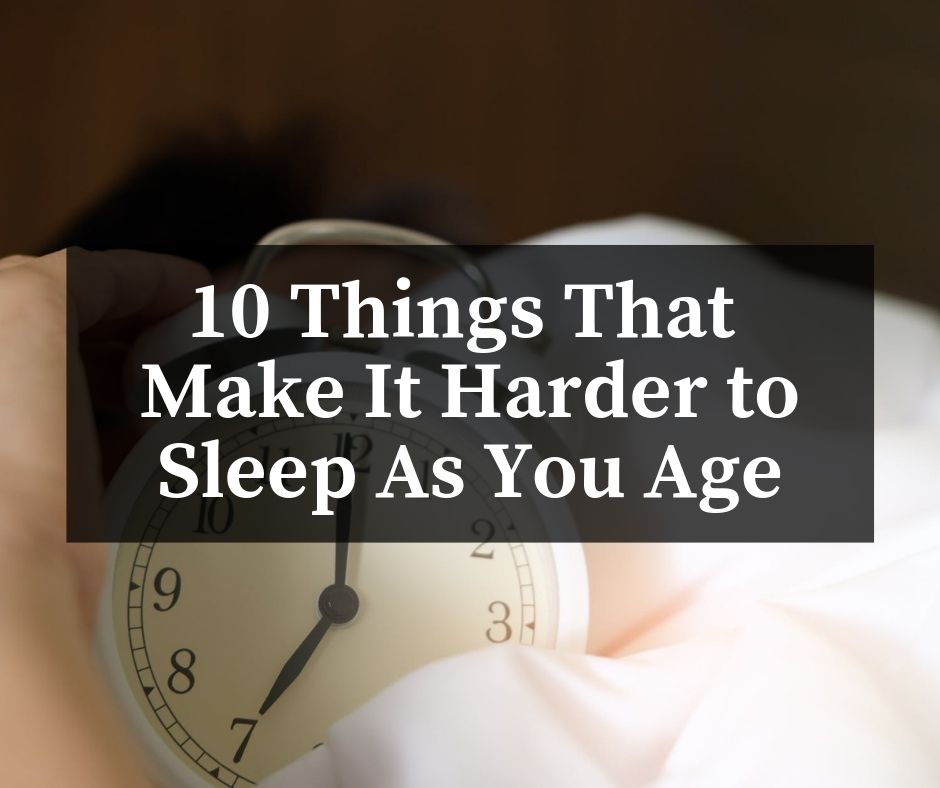
For many people over 65, there is no such thing as a good night’s sleep due to insomnia. Sleep issues are observed frequently among older adults and include waking early, taking longer to fall asleep (more than 30 to 45 minutes), and frequent waking during the night. Unfortunately, many factors can cause insomnia among elders. Check out the factors that make it harder to sleep as you get older!
Packing on the pounds
Your metabolism slows as you age, and if you don’t exercise and eat right, you will gain weight. That extra padding is often associated with sleep disorders such as apnea. Johns Hopkins researchers found that losing belly fat could lead to better sleep. It works the other direction too: A report in the International Journal of Obesity found that sleep issues likely make it harder to lose weight.
Sleep apnea
This condition occurs when the upper airway becomes blocked during sleep and stops airflow. Being overweight, over 40, and male increases the risk of this not-so-silent sleep-disrupting syndrome. Cardiac arrest and sudden death are two possible outcomes if not treated. Fortunately, though, it can be treated.
Menopause
If hot flashes and mood swings aren’t enough, add insomnia to the long list of menopause-related problems. Menopausal and post-menopausal women report less satisfaction with sleep and as many as 61% report insomnia. Good news: If you’re tossing and turning, your doctor might be able to help. The shift in sleep could be due in part to a shifting ratio of hormones, and that is treatable.
Prostate problems
One common symptom of this condition, known as benign prostatic hyperplasia, is an increased frequency of urination at night. Limiting fluid intake before heading to bed can help reduce the need to urinate during the night, and avoiding known diuretics such as caffeinated drinks and foods such as chocolate can also help.
Snoring
Snoring is more common as we age. Loss of muscle tone in the throat, fat deposits around the neck, and a narrowing of the throat leave less room in the airway — hence the obnoxious nocturnal snorts. The Sleep Foundation recommends a series of oral exercises to help increase strength in and around the airway.

The old ticker
As we age, our heart muscle wears out — thus causing heart problems. There is a connection between insomnia and chronic heart failure. Chest pain can make it difficult to relax, fall asleep, and stay asleep. And to make it worse, lying down can cause shortness of breath — which maximizes the problem. As a result, chronic heart failure can lead to fatigue and interrupted sleep.
Changes in circadian rhythm
Our ability to achieve deep sleep is limited as we age. This is one reason older people spend less time in bed. The circadian function decays with aging. Think of it as a dynamic clock — an ever-changing rhythm in our behavior, physiology, and metabolism. Patterns in this rhythm change as we age, making it harder to sleep.
GERD/Acid reflux
Gastroesophageal reflux disease causes sleep disturbance, but sleep deprivation also makes GERD worse. And it’s not advisable to lie down when you have GERD. Well, that’s tricky. What are you supposed to do, sleep standing up? Doctors advise limiting food intake after 7 p.m., and sticking to a bland diet.
Noise issues
Since noise tends to disrupt sleep during the “light stage” of sleep and since elders already have trouble reaching that “deep stage,” it’s no surprise that those “bumps in the night” wake seniors more than younger folks. That darned car alarm, the neighbor’s barking dog, even people talking as they walk past an open window can be disruptive. If you’re finding that noise is waking you before you have a chance to fall asleep, try a pair of noise-canceling plugs.
Medications
Getting older means parts start to wear out. Keeping them running often requires taking medication. Sure we’re living longer, but we’re downing prescription drug cocktails — each one with its own set of side effects. If you have, for example, an issue with your thyroid and your medicine levels haven’t been adjusted, you may find yourself staring at the ceiling instead of getting a good night’s rest.



